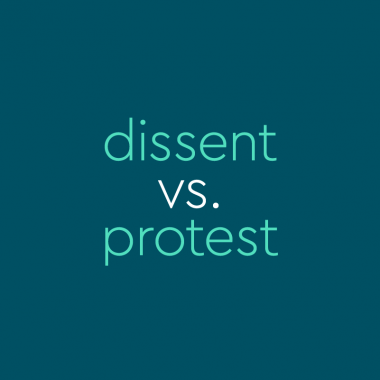What’s So “Sinister” About The Left Hand?
When you think of something (or someone) sinister, there’s a good chance it’s not a pleasant picture. Sinister is an adjective that means “threatening or portending evil, harm, or trouble.” That shadowy, sinister figure lurking in the dark alley, for example. But the word sinister, which comes from Latin, originally meant “left” or “on the left hand or side.” Even back in Latin, though, sinister …











